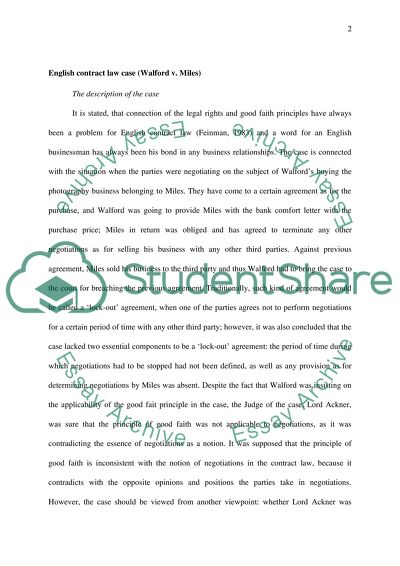Cite this document
(“Contract law in the 20th century Case Study Example | Topics and Well Written Essays - 1500 words”, n.d.)
Contract law in the 20th century Case Study Example | Topics and Well Written Essays - 1500 words. Retrieved from https://studentshare.org/miscellaneous/1534530-contract-law-in-the-20th-century
Contract law in the 20th century Case Study Example | Topics and Well Written Essays - 1500 words. Retrieved from https://studentshare.org/miscellaneous/1534530-contract-law-in-the-20th-century
(Contract Law in the 20th Century Case Study Example | Topics and Well Written Essays - 1500 Words)
Contract Law in the 20th Century Case Study Example | Topics and Well Written Essays - 1500 Words. https://studentshare.org/miscellaneous/1534530-contract-law-in-the-20th-century.
Contract Law in the 20th Century Case Study Example | Topics and Well Written Essays - 1500 Words. https://studentshare.org/miscellaneous/1534530-contract-law-in-the-20th-century.
“Contract Law in the 20th Century Case Study Example | Topics and Well Written Essays - 1500 Words”, n.d. https://studentshare.org/miscellaneous/1534530-contract-law-in-the-20th-century.


